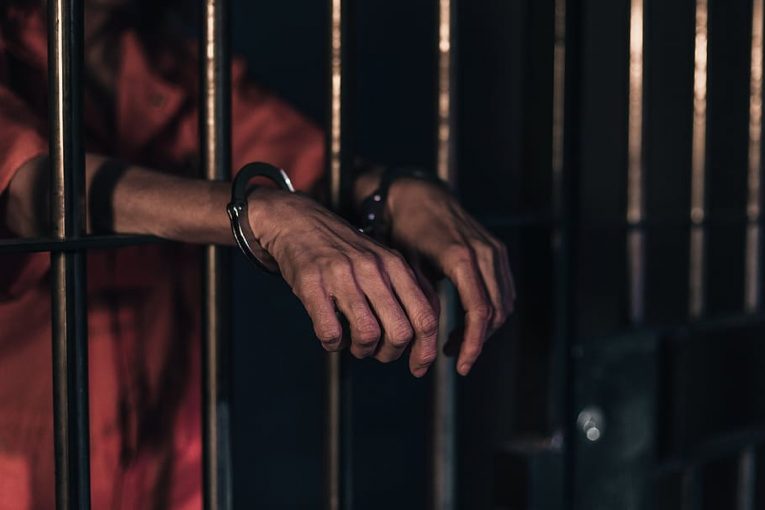
WASHINGTON, DC – Letters by prisoners illustrate unusual and cruel punishments the incarcerated are facing despite the U.S. Constitution’s Eighth Amendment, which bars “cruel and unusual punishments,” according to a report by the Business Insider.
The publication noted the amendment was intended by the founders as a bulwark against prisoner abuse,” but “over the years it came to mean any treatment that ‘shocked the conscience.’”
The Business Insider team “read tens of thousands of pages of court records for nearly 1,500 Eighth Amendment complaints, including every appeals court case with an opinion we could locate filed from 2018 to 2022 citing the relevant precedent-setting Supreme Court cases and standards.”
The article notes prisoners “describe facing Stage 4 cancer after their symptoms went undiagnosed for years, or the denial of orthotic shoes to treat a diabetic condition that led to a severe wound and amputation.
“Nineteen years locked in solitary confinement. Some describe beatings and sexual assaults by fellow prisoners that they say corrections officers failed to prevent. Others say they were assaulted by officers themselves.”
Business Insider said it researched how this all came to be, noting that during “the 1980s and 1990s, as the nation’s prison population exploded, a new law and a series of revised legal standards radically restricted the ability of prisoners to prevail in Eighth Amendment lawsuits,” and the 1996 “Prison Litigation Reform Act, passed with robust bipartisan support, effectively carved out a separate and unequal system for prisoners who seek to file suit.”
The act “required prisoners to complete a prison’s internal grievance process before filing a claim in court — and then survive a screening process. After that, their claims faced exacting Supreme Court standards,” said the paper.
Since then, such “claims that guards had used excessive force were now decided under a 1986 standard that granted broad protections to prison staff as long as their actions were not “malicious and sadistic,” writes Business Insider.
Claims that prison staff have failed to keep prisoners safe — whether from violence, negligent healthcare, or inhumane conditions of confinement — were now decided under a Supreme Court standard, refined in 1994, which says such failures violate the Constitution only if officials were “deliberately indifferent,” Business Insider adds.
The report maintains that “the standards shifted the focus away from the underlying claims of abuse, however extreme, and onto the question of prison officials’ intent.”
Business Inside quotes David Fathi, director of the National Prison Project at the ACLU, who charges the emphasis on mindset has become “an enormous barrier to justice for incarcerated people.”
If abuse or neglect exists in prisons, Fathi said, “that should be enough to violate the Eighth Amendment. You shouldn’t have to go looking for someone who was thinking bad thoughts.”